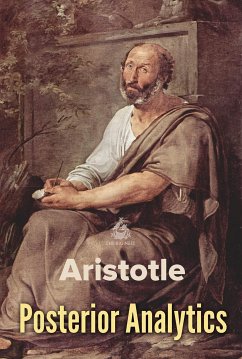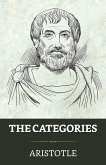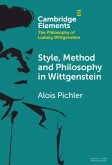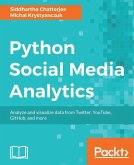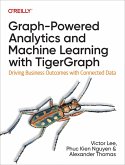All instruction given or received by way of argument proceeds from pre-existent knowledge. This becomes evident upon a survey of all the species of such instruction. The mathematical sciences and all other speculative disciplines are acquired in this way, and so are the two forms of dialectical reasoning, syllogistic and inductive; for each of these latter make use of old knowledge to impart new, the syllogism assuming an audience that accepts its premisses, induction exhibiting the universal as implicit in the clearly known particular. Again, the persuasion exerted by rhetorical arguments is in principle the same, since they use either example, a kind of induction, or enthymeme, a form of syllogism.
Dieser Download kann aus rechtlichen Gründen nur mit Rechnungsadresse in A, B, BG, CY, CZ, D, DK, EW, E, FIN, F, GR, HR, H, IRL, I, LT, L, LR, M, NL, PL, P, R, S, SLO, SK ausgeliefert werden.

